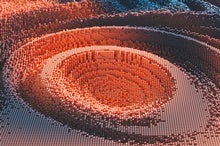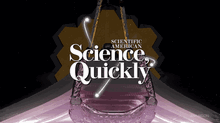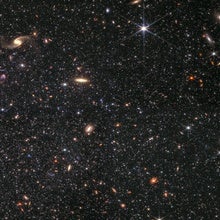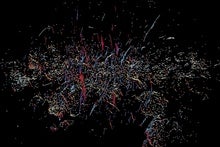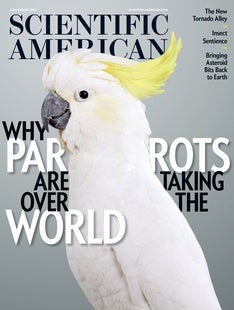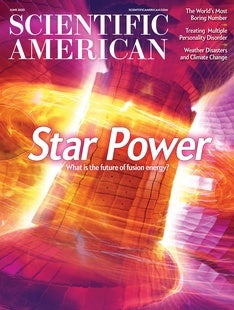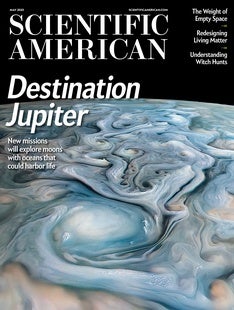 |
| June 22, 2023 |
This week, we're thinking about endings—or, at least, the surprising physics of what might happen trillions upon trillions of years from now. Our lead story discusses a new study that predicts objects possessing mass—i.e., most everything—will all eventually dissolve into a fog of ethereal particles. The physics are complicated, but arise from the same insights Stephen Hawking leveraged in the 1970s to theorize that black holes evaporate. Elsewhere, we've got stories on life's computational limits, the Earth-tilting effects of rampant groundwater mining, the quantum underpinnings of photosynthesis, the high-pressure physics of deep-sea submersibles, and much, much more. Enjoy! |
| | Lee Billings, Senior Editor, Space & Physics
| |
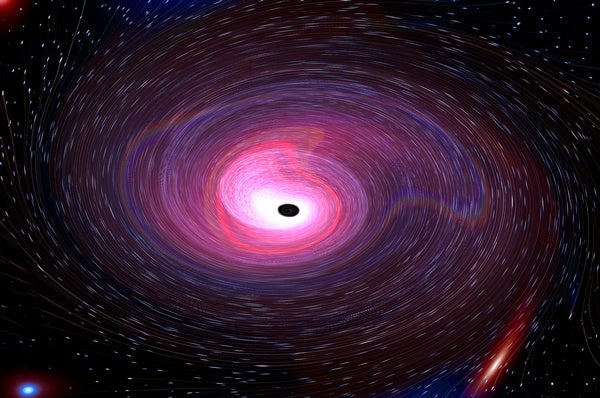 |
| |
| |
| |
| |
| |
| |
| |
| Astronomy Why Does Smoke Turn the Sky Orange? The wildfire smoke that smothered the U.S. Northeast last week has surprising connections to astrophysics—and to the historic search for our place in the cosmos | | | | |
| |
| |
| |
| |
| |
| |
FROM THE ARCHIVE
 | | | |
LATEST ISSUES
 |
| |
| Questions? Comments?  | |
| Download the Scientific American App |
| |
| |






